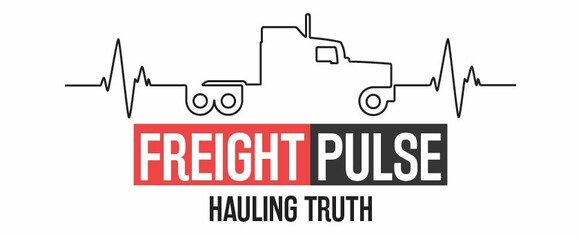A coalition of more than 350 trucking companies, freight shippers, and transportation advocates is calling on Congress to renew the Section 40A Biodiesel Blenders’ Tax Credit (BTC), citing urgent concerns over rising fuel costs, market instability, and potential economic strain on American consumers.
In a joint letter addressed to the House Ways and Means Committee and the Senate Finance Committee, the group highlighted how the expiration of the tax credit at the end of 2024 has triggered a sharp downturn in biodiesel production reportedly declining by over 50% which in turn has led to higher diesel prices and increased volatility in the fuel market.
The Biodiesel Blenders’ Tax Credit, a bipartisan policy tool in place for two decades, provided a $1-per-gallon incentive to biodiesel blenders, effectively reducing the retail price of biofuels and helping to diversify America’s energy supply. Its expiration has had ripple effects throughout the transportation sector, which relies heavily on diesel and its renewable alternatives to operate efficiently and sustainably.
“To continue our momentum in cutting emissions, the trucking industry urgently needs affordable, practical, and technology-neutral solutions like biodiesel and renewable diesel,” said Henry Hanscom, Senior Vice President of Legislative Affairs at the American Trucking Associations. “Renewing the Biodiesel Tax Credit would not only expand access to these proven low-carbon fuels but also ease fuel expenses, making freight transportation more economical and environmentally responsible.”
According to the American Transportation Research Institute, the trucking sector consumed nearly two billion gallons of biodiesel in 2023, making it the most widely used biofuel in commercial freight operations. Biofuels like biodiesel and renewable diesel are especially valuable because they can be used in existing diesel engines without modification, enabling immediate reductions in greenhouse gas emissions.
Transportation experts argue that the BTC plays a critical role in reducing supply chain costs. Nearly 72% of all goods in the U.S. are transported by truck, and fuel costs account for approximately 40% of total operating expenses for motor carriers. With the removal of the tax credit, rising fuel prices are likely to cascade throughout the supply chain, ultimately increasing the cost of consumer goods across sectors—from groceries and pharmaceuticals to electronics and clothing.
“Without reinstating the BTC, we’re not just facing higher fuel prices—we’re putting American households at risk of enduring further inflationary pressure on everyday essentials,” the letter states. “The credit has historically expanded fuel availability and kept transportation costs in check, all while supporting the nation’s transition to cleaner energy sources.”
Biodiesel, derived from renewable feedstocks such as soybean oil, animal fats, and recycled cooking oil, produces significantly fewer lifecycle greenhouse gas emissions compared to petroleum diesel. When used as part of a larger clean-fuel strategy, it helps the trucking industry make meaningful progress toward climate goals without waiting for longer-term electrification or hydrogen infrastructure to materialize.
The coalition warns that failing to act will not only undermine the industry’s investments in sustainable practices but also reduce competition in the fuel market, potentially giving oil-derived fuels more pricing power. A lapse in biodiesel availability also threatens rural economies, where many biodiesel producers are located and agricultural byproducts are commonly sourced.

In summary, the group is urging lawmakers to act swiftly to renew the Biodiesel Blenders’ Tax Credit to help:
- Stabilize fuel markets and reduce price volatility
- Lower transportation and consumer goods costs
- Sustain progress on carbon emissions reductions
- Support rural economies and domestic energy security
Without renewal, the U.S. risks backsliding on both economic and environmental progress, placing additional burdens on an already strained supply chain.

